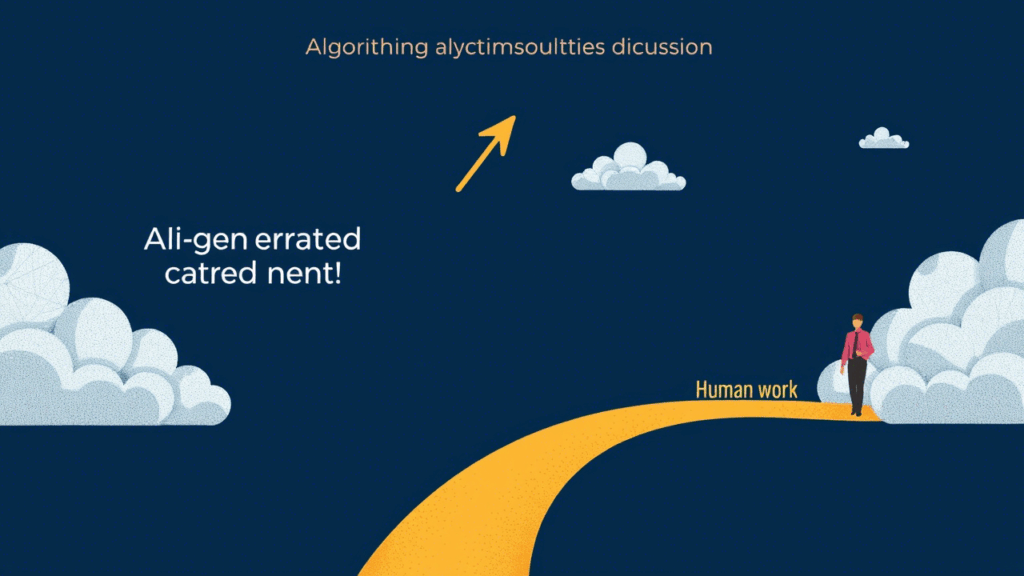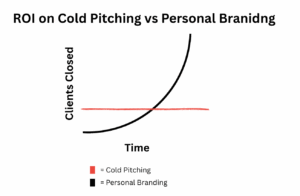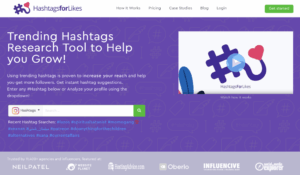As artificial intelligence continues to revolutionize content creation, a pressing question emerges: Are algorithms prioritizing AI-generated content over content created by humans? For digital businesses, marketers, and content creators, this is a critical issue in today’s fast-evolving online landscape.
Understanding Algorithmic Bias
To explore this question, we first need to understand the concept of algorithmic bias.
At the heart of most digital platforms are algorithms—these are the systems that power search engine rankings, social media feeds, and content discovery tools. These algorithms rely on massive datasets to determine what content gets seen and shared. However, if these datasets contain biases, either due to historical trends or skewed data, the algorithm can unintentionally reinforce them, giving certain types of content more visibility.
In the context of social platforms, this could mean that AI-generated content—depending on the data it’s trained on—might be favored, leading to a shift in engagement patterns and content visibility.
Why AI-Generated Content Often Performs Well
There are several reasons why AI content tends to perform well within algorithm-driven environments:
- Optimization: AI tools are designed to analyze massive amounts of data and identify patterns that lead to higher engagement—whether it’s more clicks, shares, or comments. They are fine-tuned to perform well on metrics that algorithms care about.
- Consistency: AI can produce content at scale with a unified tone, which is valuable for maintaining a consistent brand voice and gaining audience trust.
- Scalability: Unlike humans, AI can produce large quantities of content in a short time, which helps meet the constant demand for fresh material on digital platforms.
Since most algorithms reward content based on its ability to engage users, AI-generated content often rises to the top—not necessarily because it’s labeled as AI, but because it has been optimized for engagement.
In other words, algorithms prioritize what works. If AI content receives more interaction, it will naturally rank higher, regardless of whether it’s human or machine-generated.
Why Human Creativity Still Holds Value
Even with the advantages of AI, human creativity remains essential. Here’s why:
- Emotional depth: Humans create content with an emotional connection that resonates deeply with audiences.
- Cultural relevance: Human creators can adapt their content to reflect social, cultural, and emotional nuances.
- Authentic storytelling: Genuine stories, fresh perspectives, and out-of-the-box thinking come from human experience, which AI lacks.
While AI excels at mimicking patterns, it can’t replicate the human touch that makes storytelling meaningful. Innovation still comes from human insight and emotional intelligence—areas where AI is limited.
Humans and AI: Collaborators, Not Competitors
Rather than viewing AI as a competitor, creators should see it as a tool that complements human work. Here’s how AI can work alongside humans:
- Idea generation and outlines: AI can assist in brainstorming content ideas or providing outlines.
- Research and analysis: AI can speed up the research process and analyze vast datasets for trends or insights.
- Automating repetitive tasks: AI can handle more technical or monotonous tasks, freeing up human creators to focus on higher-level activities.
The goal is not for AI to replace human creativity but to enhance it. By automating repetitive tasks, creators can focus on what truly matters—crafting compelling narratives, refining brand voice, and building authentic relationships with their audience.
A Hybrid Future for Content Creation
As AI tools become more advanced, they will play an increasingly important role in content creation. However, the human element will remain indispensable—particularly for brands seeking emotional engagement, trust-building, and differentiation.
To succeed in this hybrid future, content teams must:
- Understand how algorithms function and be aware of any inherent biases that might affect content performance.
- Use AI to enhance productivity while preserving creativity and originality.
- Prioritize creating content that speaks to real people and fosters genuine engagement.
Ultimately, the success of content isn’t about whether it’s AI-generated or human-created—it’s about whether it connects with the audience and provides real value.
Final Thoughts: The Future of Content Creation
AI is transforming the digital content landscape, but this isn’t about humans versus machines. Instead, it’s about blending the strengths of both to create something truly powerful.
By combining AI’s efficiency with human creativity, today’s content creators can meet the demands of algorithms while still maintaining the heart and soul of their message.
The future of content creation isn’t just AI or human—it’s AI and human, working together to produce content that’s smarter, faster, and more human than ever before.









